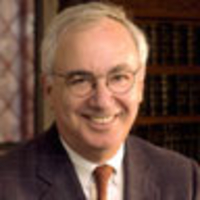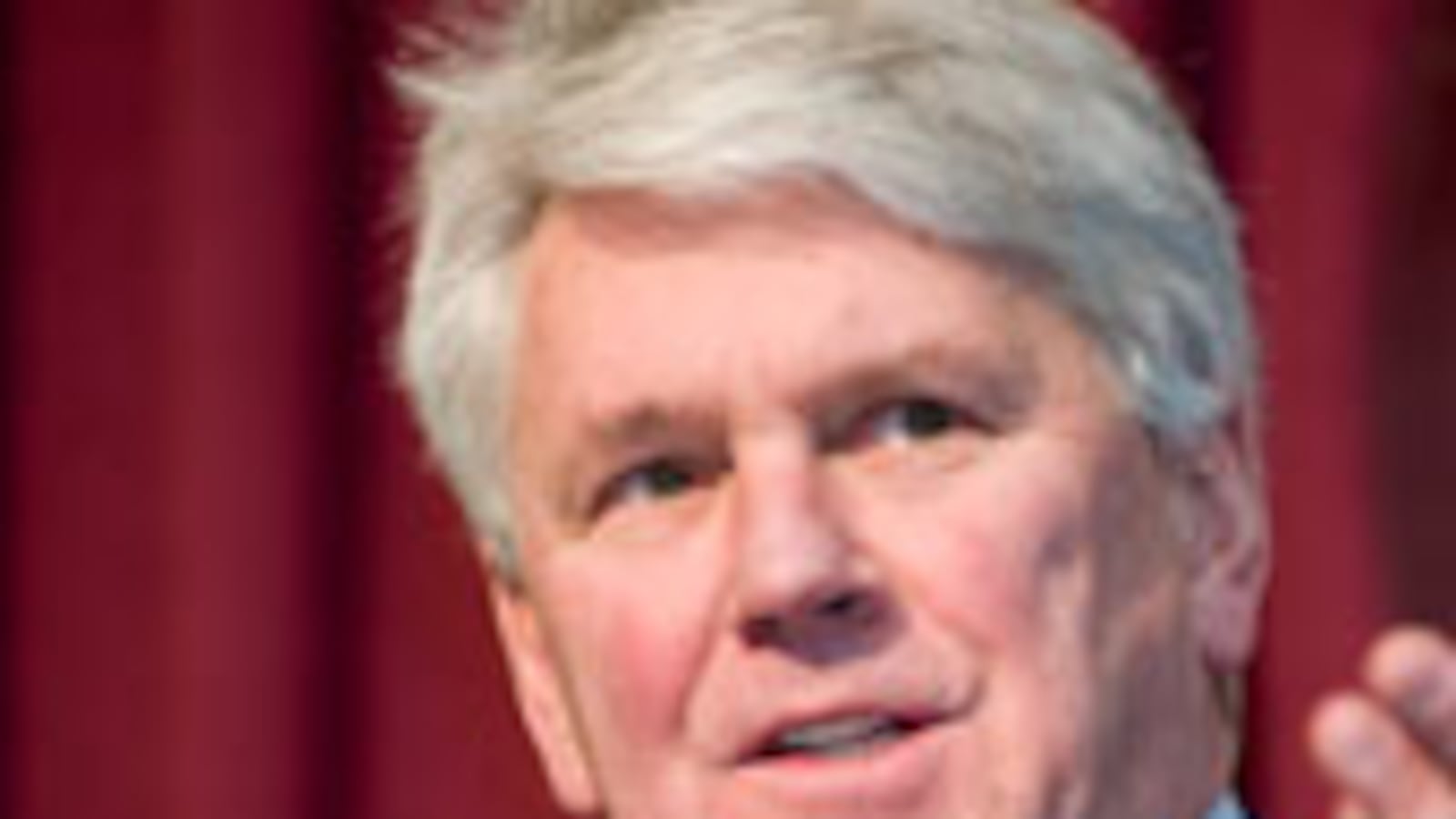
Watergate, Iran-Contra, Guantanamo—there is something about the modern presidency that overwhelms the rule of law. That something is the White House staff, hundreds of bright and ambitious loyalists constantly struggling on the president’s behalf. This ongoing struggle has sometimes generated an “us against them” mentality that supported the repeated assaults on legality over the past generation.
Presidential assistants tend to view opposition as the product of selfish lobbyists and unimaginative bureaucrats. But it is often also rooted in legislation that prohibits some of the things that presidents want to accomplish. When confronting these legal obstacles, loyalists are tempted to pretend that they don’t exist. Instead of taking no for an answer, they indulge in “creative” acts of legal interpretation that dissolve seemingly clear legal restrictions. And when the cause seems compelling enough, they claim a presidential prerogative to violate the law.
This means that Obama’s appointment of Gregory Craig as White House counsel, and the likely appointment of Eric H. Holder Jr. as attorney general, are matters of great importance. In the first instance it will be up to Craig to resist this recurring institutional dynamic from within the White House. But Craig and Holder should do more than just resist. They should act decisively to reshape the institutions through which the presidency confronts the rule of law.
Eric Holder must restore the professionalism of his badly demoralized Justice Department and insulate it from political pressures.
This seems like an unlikely assignment for Craig, since it would require him to reduce the powers his office has accumulated over the past generation. But I think he is up to the task. He has been a high-profile attorney with the Washington firm of Williams & Connolly, taking on controversial clients such as John Hinckley, President Reagan’s would-be assassin, and Elian Gonzalez’s father, who sought the return of his boy to Cuba.
I met Craig when he was a special counsel to President Clinton during the impeachment trial and I was serving as one of the president’s legal consultants and expert witnesses before the House Judiciary Committee. Craig put in an impressive performance, refusing to allow short-term tactics to overwhelm larger questions of principle. This talent should serve him well in his new job. The key is to take the long view and create enduring institutional structures that will prevent a recurrence of the tragic hyper-politicization of the Bush years.
The White House staff is a modern invention, generated by the rise of activist national government. Franklin Roosevelt won congressional authority to appoint six assistants in 1939. Before then, presidents had a few secretaries and relied on the Cabinet departments to execute the law—but no longer. By 1943, Roosevelt had named Sam Rosenman, a New York Supreme Court judge and speechwriter, to serve as the first “counsel to the president” in his burgeoning White House establishment.
Despite this auspicious title, Rosenman did not offer authoritative legal opinions on large issues of statutory or constitutional interpretation. He played the role of presidential confidant and general problem-solver. The job of providing authoritative interpretations for the executive branch continued to be discharged by the attorney general, assisted by an embryonic Office of Legal Counsel, established earlier in the New Deal.
The White House counsel only began to get bigger ideas in the 1970s, challenging the Justice Department over key legal functions. By the Carter administration, high-profile presidential counsels like Lloyd Cutler, a prominent Washington attorney, were asserting control over the nomination of judges and delivering opinions on difficult legal problems.
Here is where the White House staff began to pose a profound threat to the rule of law. It was a terrible thing when Nixon’s “plumbers” broke into Watergate, but nobody wrote a fancy legal opinion that tried to justify blatant illegalities. Now it became possible for a hyper-politicized counsel to dissolve all sense of legal restraint through so-called interpretations that aggrandized presidential power. Lawyers with the integrity of Lloyd Cutler resisted this temptation. But it was only a matter of time before others would abuse this newfound power to destroy the very idea that presidents were limited by the rule of law.
This is what has happened under President George W. Bush. His first counsel, Alberto Gonzales, and his successors, repeatedly ignored the clear commands of the Geneva Conventions and congressional statutes in waging their war on terror. Worse yet, they collaborated with John Yoo, and others working in the Justice Department, as they distorted the statutory ban on torture to authorize dehumanizing practices that have disgraced America.
Now it will be up to Greg Craig to clean up the mess they have left behind. His first task will be to repudiate some of their extreme claims of presidential perogative asserted under Bush, but that’s the easy part. His larger challenge is to rethink the entire process through which the executive branch imposes the rule of law on the presidency. His aim should be to organize a return to the older tradition in which the Justice Department interprets our fundamental laws without incessant White House interference.
Craig can’t do it alone. Eric Holder, if he is the next attorney general, also must take effective action to restore the professionalism of his badly demoralized department. He must insulate the department’s Office of Legal Counsel from political pressures, and make it clear that its job is to function as a quasi-judicial body, using traditional techniques of legal interpretation, and following the precedents established by the courts.
Easier said than done. But if the White House and Justice Department work at it, they can redeem Obama’s promise of change—at least so far as the rule of law is concerned.
And that would be no small thing.
Bruce Ackerman is professor of law and political science at Yale.






